 2-Day Trauma, Memory Workshop from Peter Levine
2-Day Trauma, Memory Workshop from Peter Levine
More information about Medical:
Medicine is the science and practice of establishing the diagnosis, prognosis, treatment, and prevention of disease.
Medicine encompasses a variety of health care practices evolved to maintain and restore health by the prevention and treatment of illness.
Contemporary medicine applies biomedical sciences, biomedical research, genetics, and medical technology to diagnose, treat, and prevent injury and disease,
typically through pharmaceuticals or surgery, but also through therapies as diverse as psychotherapy, external splints and traction, medical devices, biologics, and ionizing radiation, amongst others.
Medicine has been around for thousands of years, during most of which it was an art (an area of skill and knowledge) frequently having connections to the religious and
philosophical beliefs of local culture. For example, a medicine man would apply herbs and say prayers for healing, or an ancient philosopher and physician would apply bloodletting according to the theories of humorism.
In recent centuries, since the advent of modern science, most medicine has become a combination of art and science (both basic and applied, under the umbrella of medical science).
While stitching technique for sutures is an art learned through practice, the knowledge of what happens at the cellular and molecular level in the tissues being stitched arises through science.
Outline:
Trauma and the Body
- Developmental trauma
- Pre-natal through age 5
- Evolution and Polyvagal foundation
- How the body stores trauma
- Clinical research
Deeper Understanding of Memory and Clinical Implications
- Explicit – More Conscious Memory
- Declarative
- Episodic
- Implicit – Less Conscious Memory
- Emotional
- Procedural/Body Memory
- Clinical application for memory systems
Traumatic Memories
- Long-term memory vs short-term memory
- How the brain and body store memory
- Memory engrams with somatic markers
- Fight, flight, freeze response
How Clients Get “Stuck”
- Tonic immobility – The fallback to freeze Freeze couples with Fear
- Dissociation
- Bracing and terror
- Euphoric dissociaton
- Collapse
Somatic and Emotional Reactions to Trauma
- Symptoms and complexities of each in therapy
- Emotional – anxiety, depression
- Somatic – chronic pain, fibromyalgia
- Autonomic – migraines, irritable bowel
- Resolving Traumatic Reactions
The Basic Stages of Trauma Treatment
- Containment of strong sensation and emotion
- Pendulation – The dual opposites of sensation
- Titration – going gradually
- Completion
- Renegotiation of active for passive responses
- Allow things to settle: Self-Paced termination
Therapeutic Approaches to Heal Traumatic Memories
- The importance of “Bottom-Up” processing
- The Paul MacLean’s Triune Brain In an Unspoken Voice
- Somatic Experiencing©
- Renegotiation vs. Reliving
- Restoration of self-regulation
- Somatic experience of trauma
- Developing internal awareness
- The mind-body connection in trauma work
- Help reinforce trust and acceptance in clients
- Incorporating client’s spiritualty in trauma work
Description:
Addressing traumatic memories directly is critical to successful therapy.
But there’s tremendous misunderstanding in how to work with traumatic memories in treatment. It can leave you confused, insecure, and seeking a deeper understanding of memory systems to help guide your important work.
Peter Levine, PhD is a master therapist, pioneer in the field of trauma and memory, and author of several seminal books on trauma. His body-oriented techniques for healing traumatic memories are built upon 50 years of research and clinical work and have influenced generations of therapists.
This recording is your chance to learn from Dr. Levine himself!
Dr. Levine explains the significance of memory systems in the resolution of trauma, and shares the therapeutic approaches that he’s found most effective during his decades of groundbreaking clinical work. His proven strategies will help you to quickly reduce symptomology in your clients and heal the traumatic memories that haunt them. Under Dr. Levine’s expert guidance you’ll discover how you can take your treatment of complex, deeply entrenched trauma to the next level and overcome the painful roadblocks that can frustrate you and your clients.
You don’t want to miss this rare opportunity to study directly under Dr. Levine and learn from a legend in our field!


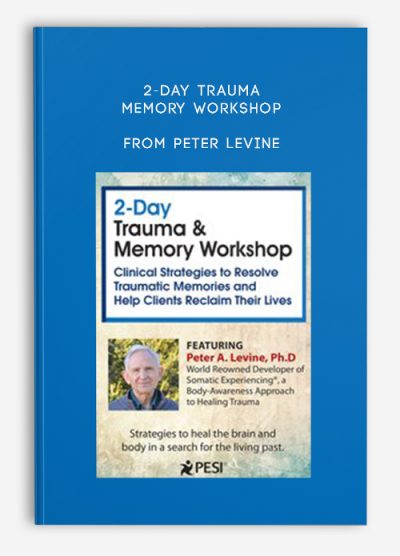

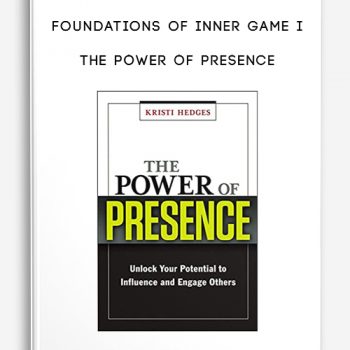
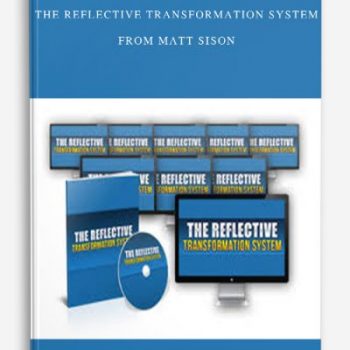

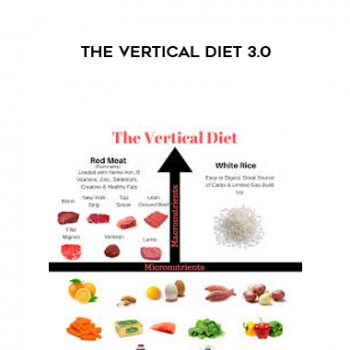
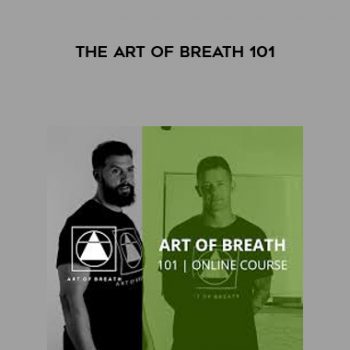




tristian –
This is Digital Download service, the course is available at Coursecui.com and Email download delivery.